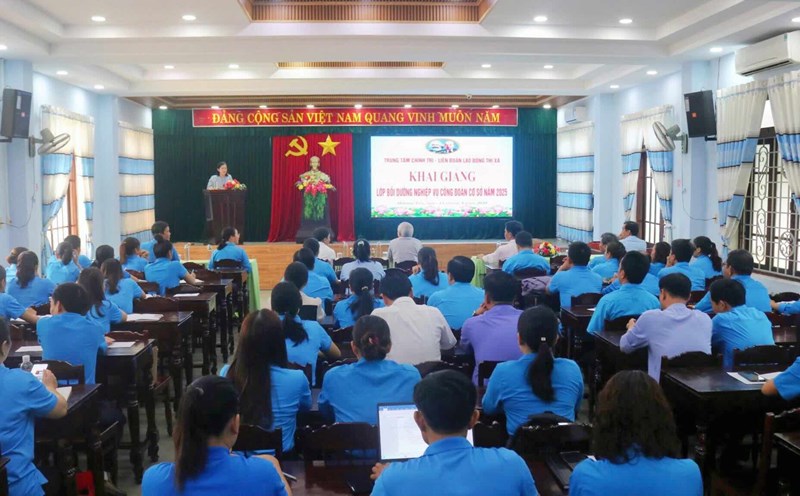According to statistics from the American Library of Medicine (PubMed), up to 7.4% of adults have experienced this symptom. However, accurate diagnosis of vestibular disorders was often difficult in the past due to symptoms that are easily confused with many other diseases.
In recent years, medicine has made an important step forward when applying artificial intelligence (AI) to the diagnosis and treatment of vestibular disorders. At Tam Anh General Hospital in Ho Chi Minh City, the Interacoustics frontal function measurement system integrated with VNG prolonged-use Imaging technology using AI has brought clear clinical results.
MSc. Dr. Pham CKI Thai Duy, ENT specialist, Tam Anh General Hospital, Ho Chi Minh City, said: "This technology helps doctors diagnose more accurately diseases that cause dizziness and loss of balance, and at the same time detect potential vestibular disorders that conventional clinical examinations can miss".
The operating system is based on the principle of eye movement survey through frontal - eye reflex. Patients only need to wear a camera to monitor eye movements, thereby AI analyzing data to classify vestibular disorders due to central or peripheral causes. In addition to determining the cause, the technology also supports monitoring response to treatment by recording thiographic indicators.
"treatment of vestibular diseases depends largely on the cause. Not all dizziness is caused by vestibular - it can be caused by stress, internal medicine, or side effects. Measuring the frontal cavity using new technology helps to distinguish the cause accurately, thereby providing a suitable treatment regimen" - Dr. Duy emphasized.
For example, if the patient is suspected of having a vestibular stone, the doctor will prescribe specific recovery exercises through posture. In cases of impaired vestibular function, patients will be given physical therapy to restore balance. In case of vestibular inflammation, the internal medicine regimen will be applied.
Notably, this AI-based forward measurement system is non-invasive and has high safety. Anti-indications are only at a relatively high level such as for patients with specific eye or spinal problems. In some cases that are in the acute stage of the disease and have too much dizziness, the measurement should be delayed to avoid causing panic or vomiting, Dr. Duy added.
Finally, determining the exact cause helps doctors predict the severity and recovery ability. If diagnosed correctly and treated early, diseases such as vestibular stones can recover up to 90% after only 1 - 2 weeks. For chronic diseases such as vestibular failure, early rehabilitation also helps patients maintain a stable life" - the doctor concluded.
The application of artificial intelligence in the measurement and treatment of vestibular disorders has opened a new era in precision medicine, helping patients quickly escape the dizziness and craze, regaining balance in daily life.









